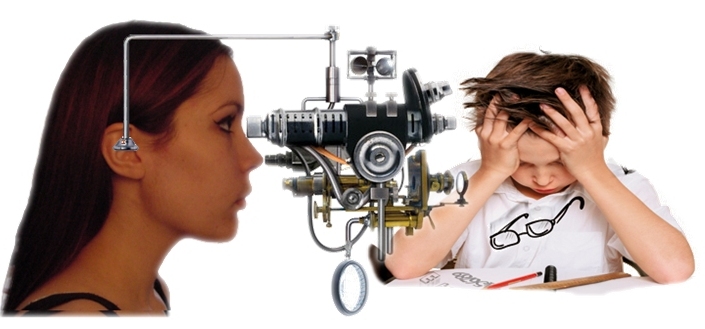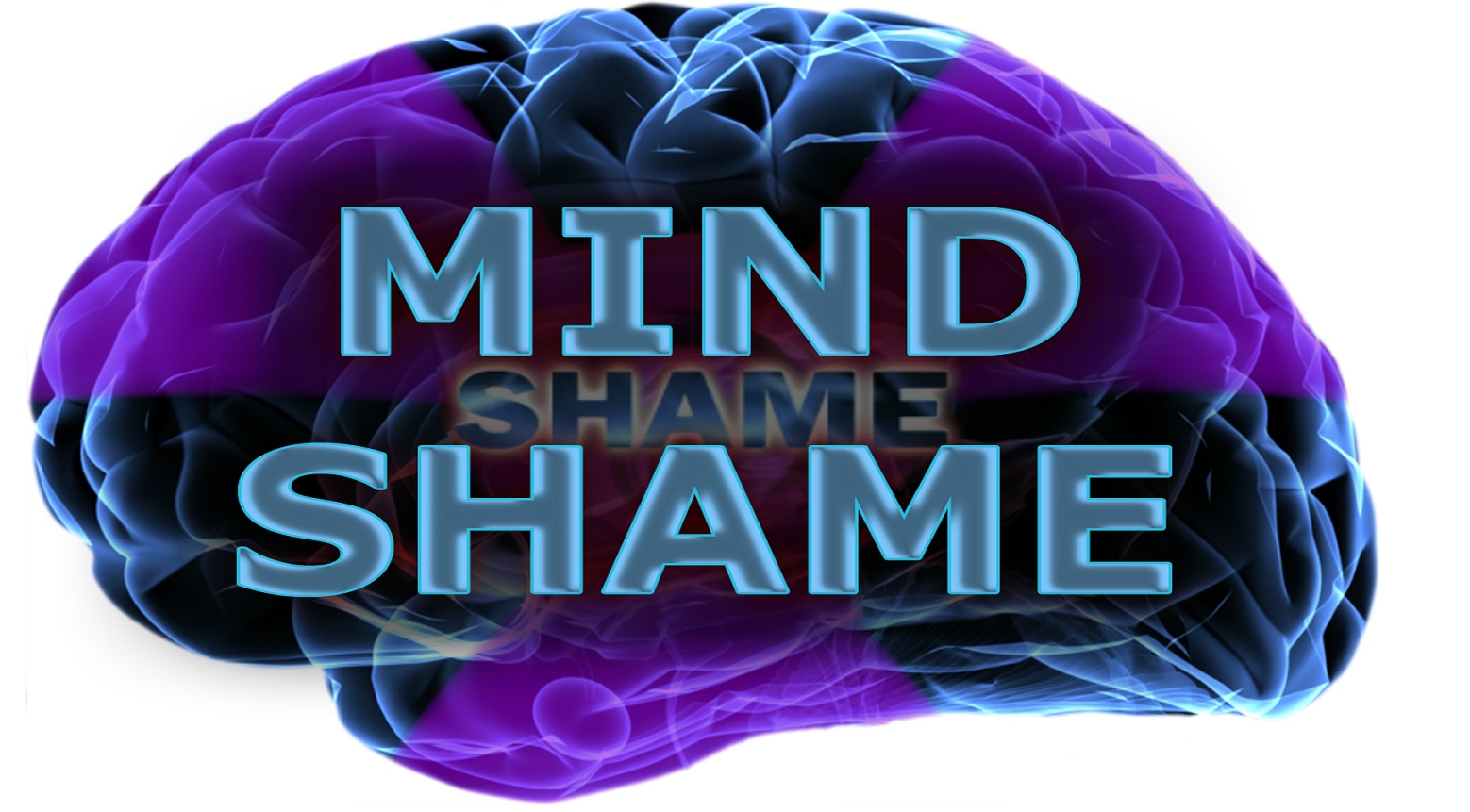 According to NAEP (and its most honest state counterparts), MOST of our children are chronically improficient in the skills most vitally important to success in school (reading, math, writing). (If you don’t agree with these assessments discount “most” to whatever percentage of children you do think are chronically improficient)
According to NAEP (and its most honest state counterparts), MOST of our children are chronically improficient in the skills most vitally important to success in school (reading, math, writing). (If you don’t agree with these assessments discount “most” to whatever percentage of children you do think are chronically improficient)
It’s not their fault.
What we call their improficiencies are ours. Proficiency stats are mirrors that say more about our proficiency in stewarding their learning than they say about their capacity for learning.
Most of the children who chronically struggle with learning these critical skills began the process of learning them without having sufficiently developed the sub-process proficiencies that learning them depends on. All higher-order skills depend on lower-order processes (e.g. attention span, working memory, linguistic differentiation, processing speed, emotional stability and resilience…). If the lower-order processes are inadequate at supporting the higher-order skill learning that depends upon them, learning those higher-order skills becomes significantly more difficult.
The reasons for such sub process improficiencies are many. Some children have innate wiring differences that make learning these skills harder; some didn’t receive sufficient stimulation during their sensitive slopes of development; some developed unhealthy emotional behaviors that interfere with focus; some grew up in impoverished family language environments; some have chronic health issues including poor nutrition; and most have received, and are receiving, instruction (dysteachia) that fails to adaptively bridge these ‘readiness’ issues with instruction and that engenders maladaptive cognitive strategies.
None of these issues are the child’s fault.
If ‘brain plasticity’ means anything, it means that just about any child could learn just about anything – including these key skills – if who or what they were learning from could create the right conditions and steward them through an adaptively differentiated pathway that responds to their real-time learning needs. It’s not easy to do this – to instructionally compensate for all the variations in lower-order proficiencies that affect higher-order skill learning – but let’s be clear: it is our failure to do so that underlies why most of our children are chronically improficient at these skills.
And we can develop good, healthy, normal competencies in many areas, even if our earlier wiring was somewhat faulty. But it’s harder. It costs more in energy costs to the brain. The brain has to work at adapting to earlier circuits that were not laid down the way they should have been, and from society’s point of view, it costs more in terms of more expensive programming, more specialized help. – Jack P. Shonkoff, Chair, National Scientific Council on the Developing Child
Most of our children are chronically improficient at the skills that most determine their success in school and, to a large degree, later in life. Yet, in the most objective sense, this chronic improficiency is not a measure of the children but of the inability of their learning environments to steward the learning they need to become proficient.
It’s not their fault; they didn’t choose their brains or choose to be born into their families. If you or I had lived in their bodies and life environments – lived their lives since conception – we wouldn’t be any different. We are who we learn to be within the opportunities and constraints of the learning environments we live in. They are who they have learned to be, including how ready they are for what we think they need to learn and how we think we should teach them.
It’s not their fault but they learn to blame and shame themselves anyway.
Children who chronically struggle with learning these core skills come to believe it is their fault. They can’t help but blame themselves, and we all (mostly unintentionally) contribute to the conditions that cause them to. The ‘system’, teachers, parents, siblings, and peers all contribute to the emergence of a self-blaming mythology that interprets their chronic learning difficulties as ‘something’s wrong with me’. We all feel shame when we feel at fault for not being good enough at something we feel it’s important to be good at (especially when it’s publicaly exposed). Thus, blaming themselves for their difficulties, most of the kids who experience chronic skill improficiency also experience chronic shame about their learning difficulties.
Human beings are innately motivated to adaptively minimize shame. We either learn to improve ourselves in ways that reduce our shame (exercise, lose weight, get our teeth whitened, dye our hair) or, if we can’t, we learn to avoid whatever causes us to feel shame (singing, dancing, math, public speaking). So what happens to kids that experience chronic improficiency, that don’t improve, and can’t avoid trying?
Shame and the fear (anxiety) of imminent shame, is one of worst things that can happen when we are learning. Shame changes the focus of our attention. Shame jolts us with a cognitive shock that disrupts our attention. Instead of processing whatever we were doing before the shame hits us our consciousness becomes occupied with the shame and all the self-negative self-talk that accompanies it. “I’m not that smart”. “I will never get this right”.

When shame occurs chronically and across multiple domains of learning, children develop a more general shame – a more general anxiety. They become ashamed of their minds. They develop mind-shame. If you’ve ever spent any time with children who chronically struggle you know this to be true.
Most of the children who struggle in school are, in addition to the original causes of their struggles, struggling with the shame and anxiety they feel about learning in school. The shame is something they can’t help but feel anxious about. The anxiety they feel is toxic to their ability to learn. Not able to learn to improve their performance (and knowing it), they feel more shame and greater anxiety. The more they feel shame and shame-anxiety the less they are able to learn.
I am not trying to blame anyone for any of this. Just as it’s not the children’s fault, it’s not the fault of educators or parents either. We are all who we have learned to be – we are all living and learning and working within the legacy effects and historical inertia we have learned in. But, if we are going to evolve a more learning-healthy approach to educating our children, we are going to have to reduce the shame-based anxieties they are learning to develop in school. To do that we are going to have develop new ways of holding children responsible for learning while at the same time helping them to understand that their difficulties (for most) are not their fault.
Understanding mind-shame is the tip of the iceberg. It’s just one a series of key distinctions critical to changing the ‘mental lenses’ through which educators and parents experience chronically improficient children. Having said that, I think it’s the one ‘meme’ that could most easily catch on and help in the educational reformation we need. If we are honest with ourselves we all know what it feels like to feel ashamed of our minds. Fortunately, for those reading this, much less so than the children this piece is about.
Do you see what I see?
If so please help. Learning Stewards is a 501(c)(3) non-profit that depends on donations from people who believe in our work and mission. We need your support to expand our efforts to get this kind of thinking into the mainstream. In this season of giving and as we approach the end of the tax year, please send what you can. It’s all tax deductible. Thank you.
Or send your tax deductible donation check to:
Learning Stewards
P.O. Box 23536
Anchorage, KY 40223

No comments yet.